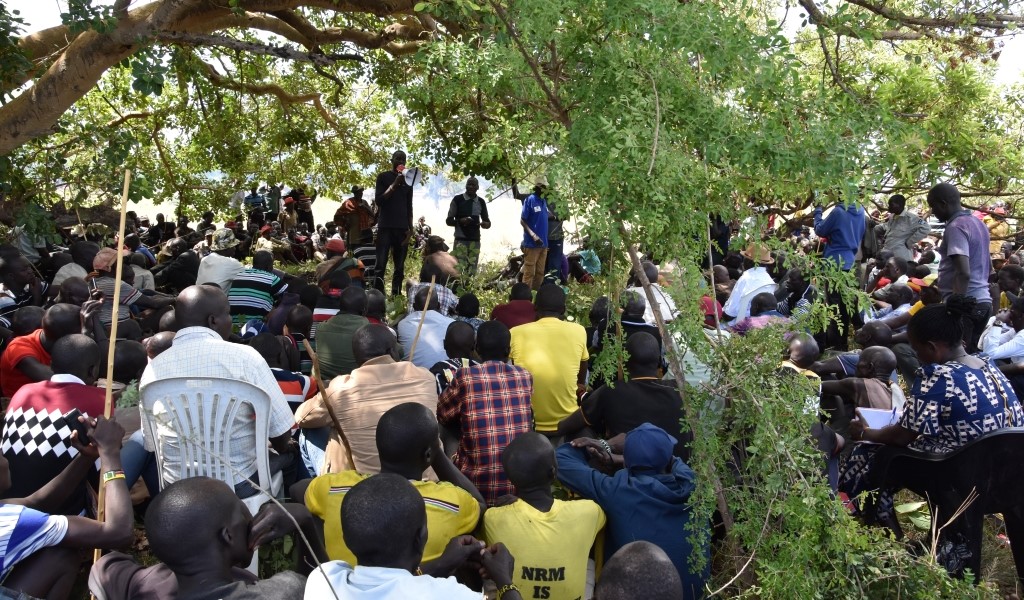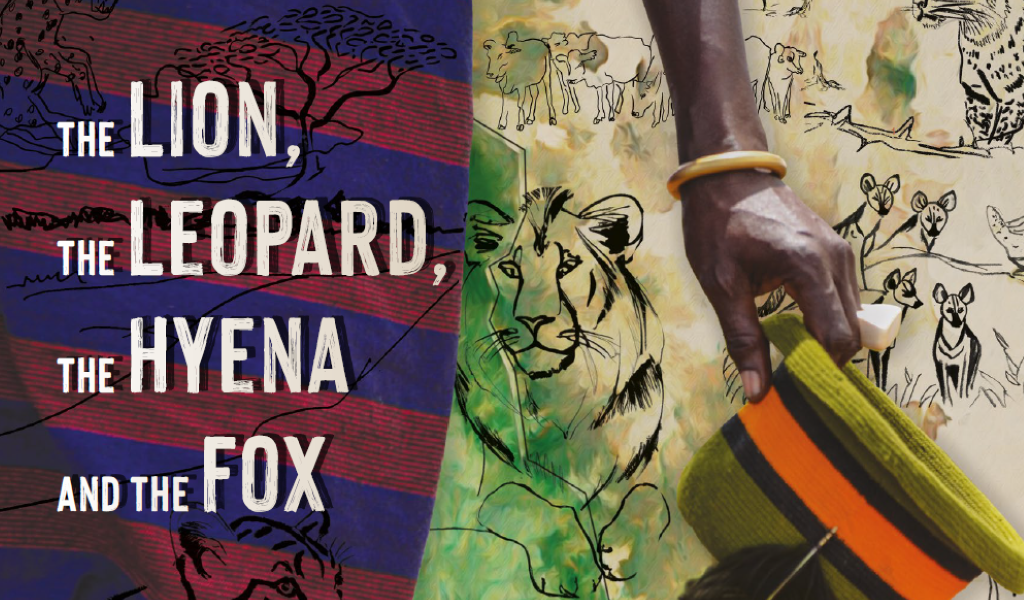I just came back from the 2024 Stockholm Forum on Peace and Development hosted by SIPRI. It was a stimulating event, replete with doom and data, attended by a throng of practitioners, activists and researchers, many doing remarkable things to put our fractured world to rights.
I was there with Simon Long’oli, Director of the Karamoja Development Forum, a community organisation in northern Uganda, where violence is an everyday reality. Simon and I were there to provoke colleagues on their notions of what constitutes good evidence in situations of violence and conflict.
We were arguing that community action research offers not only deep insight but also reaches the parts other research doesn’t reach. We were being cheeky, because we know that good qualitative and quantitative research has the capacity to be pivotal too. Nonetheless, in our experience, traditional research often does little to bring the community onside. What’s missing is research that systematises the knowledge and political energy of the people who suffer the violence.

Take Roger Mac Ginty’s idea of ‘everyday peace’. It’s not less important because it’s every day, but more important because it’s the way in which situations of peace or insecurity come into being. If people’s efforts to make life safe and productive are well enough organised and powerful enough, then the place and people will be at peace. If they are constantly thwarted, then their distrust of the authorities and politicians will put them on the defensive – every day. More foot soldiers, more crime, more despair.
At least that is what Simon and his community colleagues found when they led community action research on the Uganda-Kenya border.
Simon began his provocation with a story about a meeting of politicians and government officials in Karamoja last year, at which pastoralist community members spoke about their findings from the community-led research.
The Hon. Peter Lokeris, then Minister of State for Minerals in the Cabinet of Uganda responded: “Everything is here! We can interrogate each one [each point these community researchers are making] and work together”.
The comment unlocked an unprecedented degree of frankness among the assembled administrators and army chiefs about how each part of the violent system was working. Not that the situation for Karamoja and its neighbouring society in Kenya’s Turkana County changed overnight. But it was a sign of a shift in the balance between security and insecurity, trust and distrust. A year later and there are more signs of change.
Simon’s point is about truth, forged out of inherent interest among many in community in making communal life better. Two years of working with a mixed team of women and men, young and old, nomadic and settled, has produced a multi-faceted understanding of the insecurity system in which they live.
It has also produced two great reports that are keeping their communities informed and engaged: One Step Forward, Two Steps Back, and The Lion, the Leopard, the Hyena and the Fox. Their evidence has brought community leaders of different ages and genders into political engagement with those that seek to speak for them, or blame them, or co-opt them. They say they feel more powerful and better respected and are making more headway.

Simon explains how rigour works in community action research. You need a good cross section of community, who then raise interest and support within their various parts of society. You need a commitment to your society and courage to stand up for your work. You need, at least at first, an energetic team helping you with getting the methodology just right for your society. The support team is not insisting on defining research purpose, question, data collection tools, analysis, or interpretation, which is the usual function of the professional researcher like me. The team is helping the researchers to give each item of the methodology enough time and attention to make it work in ways that are fitting.

As members of the support team, we at IDS and in Simon’s organisation also need to be diplomats: protecting the community’s work from the natural distrust of professional academics, funders and political players. We accuse them of not paying enough attention to the politics of evidence. Who benefits from keeping the community out of research leadership? We do.
So, when professionals make accusations of bias, anecdote and insufficient science, against community researchers, what can community members say? They say, yes, bias, but accountable bias! Yes, anecdote is where we start, but analysis and intelligent interpretation is where we end. No, we are not unscientific – our methods meet all the criteria for validity that we need to answer our questions and find informed solutions not only among ourselves, but with our political and administrative leaders. The most important argument we can make is that this research has impact.
The research is funded by UK International Development through its Cross-Border Conflict Evidence, Policy and Trends (XCEPT) research programme.
Read the latest report from the project: The Lion, the Leopard, the Hyena and the Fox
